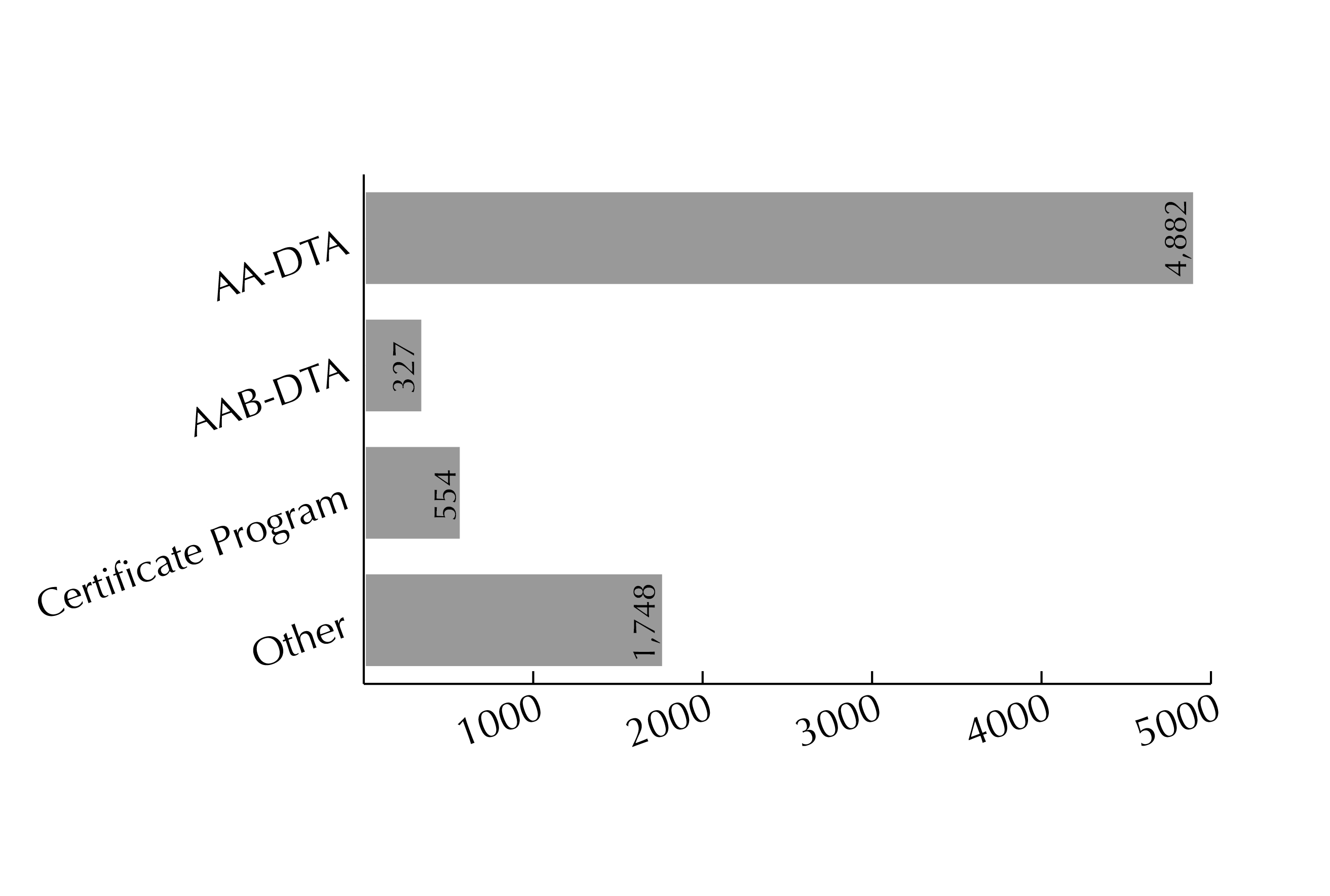 As one school year comes to a close, applications for the next are being submitted and many students have yet to choose a career path.
As one school year comes to a close, applications for the next are being submitted and many students have yet to choose a career path.
“I would say the majority of students don’t know their career paths when they enroll,” said Cynthia Vigil, the interim dean of student services at SFCC. “ … Well, over 65% of them said they didn’t know,” she said in reference to a poll taken at an orientation earlier this academic year.
Because most students don’t know their career paths when they enroll the associates of art direct transfer agreement is the most common degree for SFCC students due to the ability to continue to a four-year school and postpone choosing a major.
“The AA-DTA is the majority of our students, around 70% of them,” said Sally Jackson the director of planning, institutional effectiveness, and research at SFCC.
CCS has many resources to help students choose the right career paths for them but not everyone knows about them.
The quickest and easiest of these resources is Career Coach. It’s an online career test accessible through the Career and Transfer Center website.
Another option open to students is to enroll in a student success course in winter or spring quarter of 2020.
“We want to suggest all students take that student success course,” Vigil said. “ … there could be hundreds of student who don’t have that information and we want them to.”
Another useful resource for students is the career center where students can meet with a career counselor. Although the career center was scheduled to open spring quarter of this year, it won’t be open until fall of 2019. However, they will offer career counseling in both group and one-on-one sessions if help is needed.
In addition to career center resources available to undecided students, there is also a career fair at SFCC on Tuesday, May 14. Exploring the options and deciding on a career path is an important step to choose a degree.
“I think it’s difficult when a student has a degree but they don’t have a job in mind,” Vigil said. “… Any of the areas you can get a job in, but the difficulty is with the student that doesn’t plan and thinks they’re going to get picked up automatically … They can, but they would have better opportunities if they had a specific job in mind.” For example, “If you go from wanting to be a teacher to deciding on an English major, that’s great, but the other way around, it gets more difficult.”